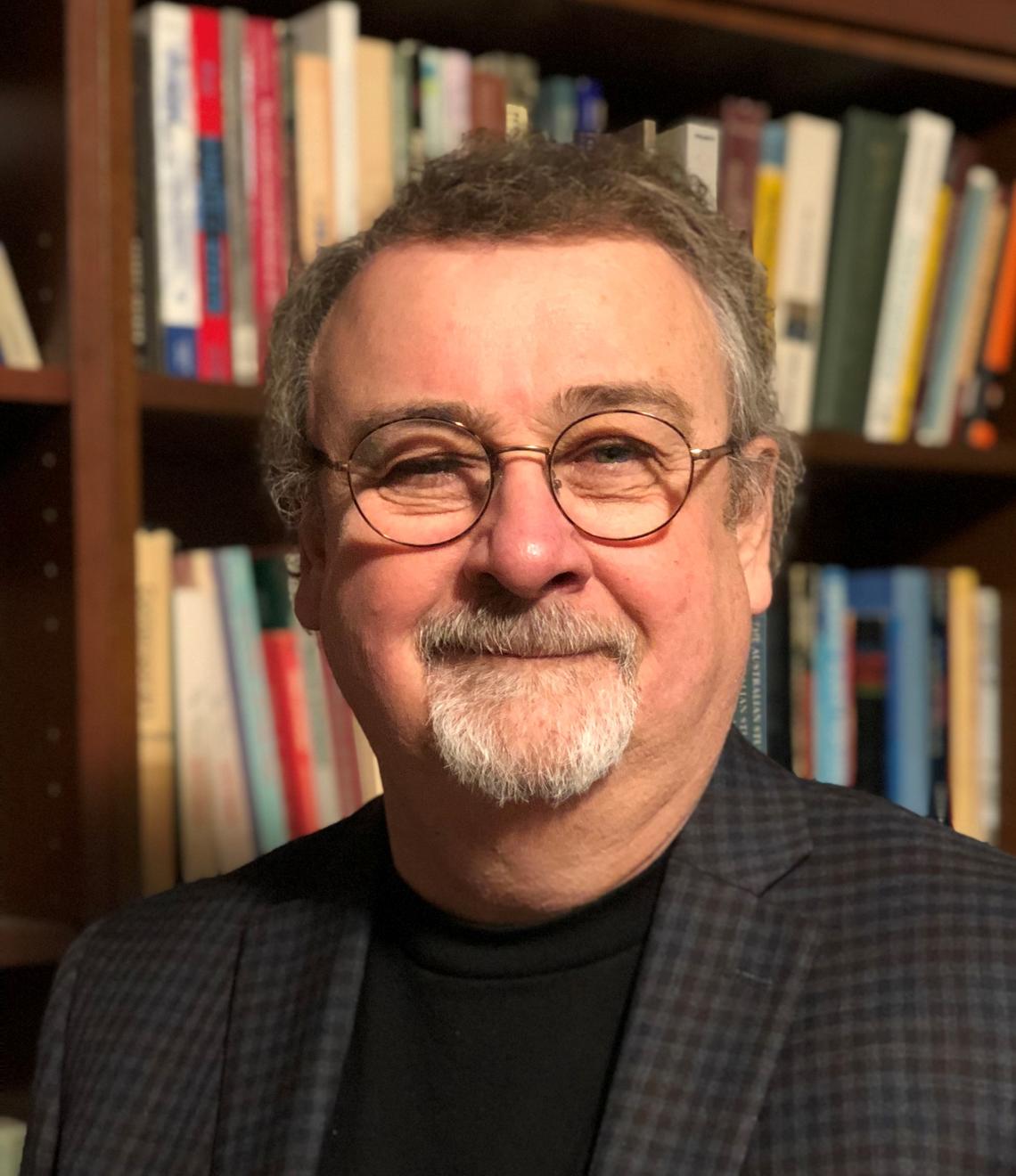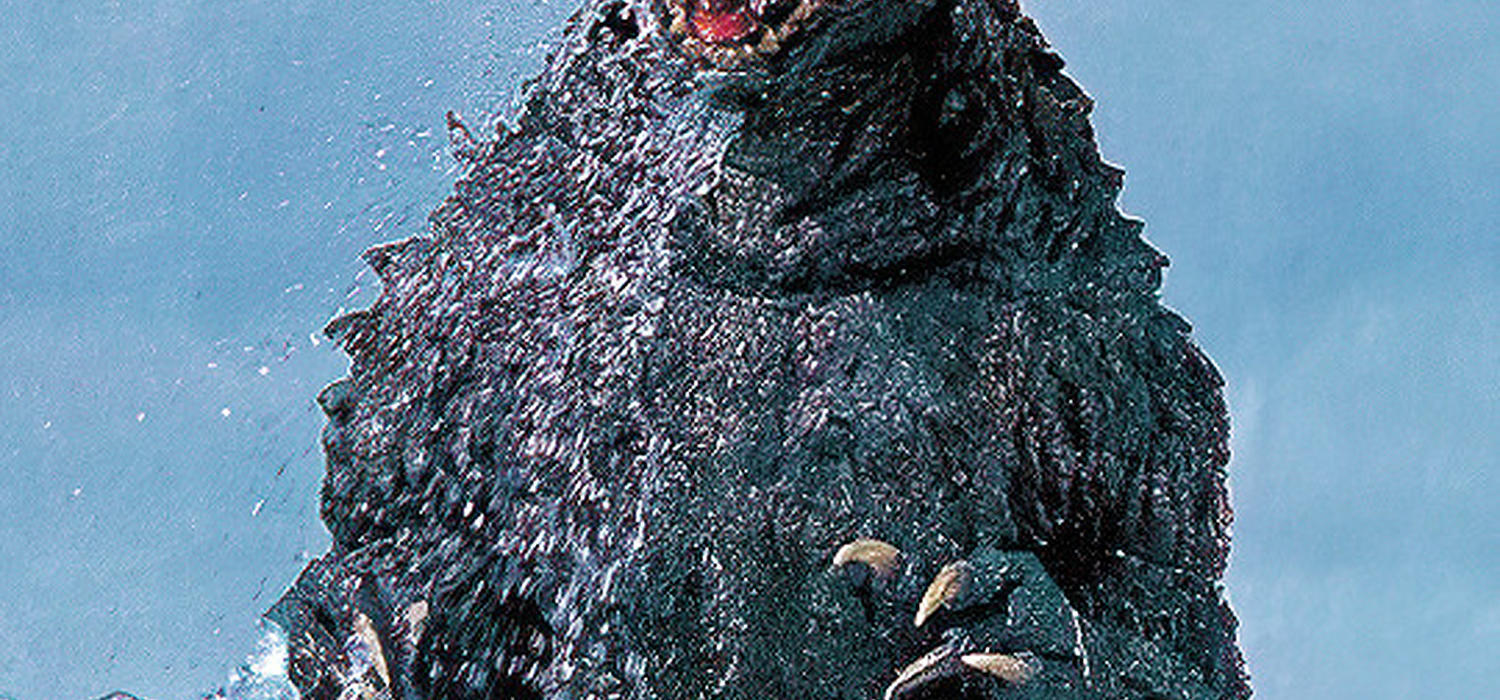
Sept. 29, 2022
What We Are Learning This Week with Dr. Anthony Sayers

October 3, 2022 in POLI 621 Canadian Political Institutions
Dr. Anthony Sayers is exploring the emergence of Canadian Political Institutions
Can you tell us a little more about this topic?
Canada is a little unique in that it has combined disparate communities against many of the forces that usually shape nations, such as productive river valleys and natural transportation routes. Canadians have developed distinctive institutions to govern this geographically and culturally complicated society. We are using this lens to explore the emergence of these institutions, from pre-Confederation Treaties to the Constitution and Political Parties

What else do you cover in your course?
In the long run, all politics becomes institutionalized. In trying to understand this, much of what we are doing can be thought of as process tracing. Trying to understand the mix of perennial pressures and critical junctures that prompted the emergence of Canadian political institutions, shaped their development, and defined their core logics. The theories of institutional emergence, stability, and change that we explore this week are applied across the term to the development of a wide range of major political institutions. We seek to understand how these institutions are both like political institutions elsewhere yet also exhibit distinctively Canadian features that respond to the peculiarities of its politics.
What do you love about teaching this course?
Teaching graduate students is both engaging and challenging. Engaging because of the depth at which one is exploring theories, models, and facts, challenging because students are willing to question received wisdom. This course is an opportunity to set Canadian institutions in the broader context of political institutions to expose their particular genius as well as the challenges they confront. The conversations that develop expose old logics and provide fresh insights into these major institutions. The research that students conduct is innovative and insightful and is a wonderful grounding in this sort of political science.
Finally, what other courses would you recommend for students interested this topic?
Depending on where they are in their degree, any of the courses focusing on Canada and/or political institutions: POLI 201 Introduction to Government and Politics; 321 Politics and Government in Canada; 342 Law and Politics; 425 City Government; 426 Federalism; 427 Government and Politics of Alberta; 428 Comparative Provincial Politics; 453 Women and Politics; 471 Africa: Contemporary Political Problems; 473 States Regimes in Latin America; 506 Social and Global Justice; 623 Canadian Political Process; and 641 Selected Topics in Public Law, are just some of these!
Our Thanks to Dr. Anthony Sayers for sharing your course with us
Follow Dr. Sayers on Twitter @AnthonyMSayers
